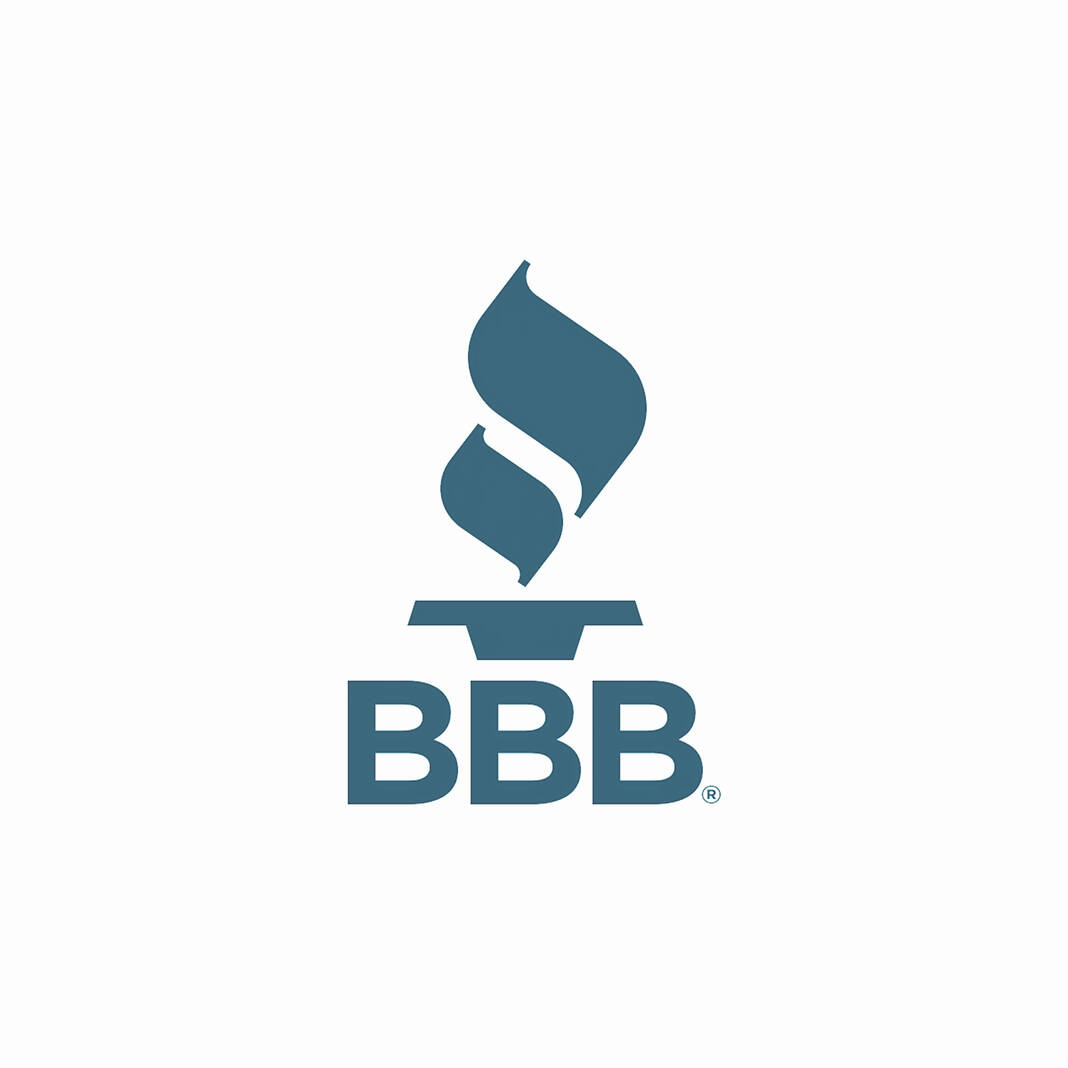
By John North
Better Business Bureau
Investing has grown in popularity in recent years. In 2021, 56 percent of adults in the US invested in the stock market. That number rose in 2022 to 58 percent. In 2023, 61 percent of adults in the US invested in the stock market, according to Statista. Now, it’s easier than ever to invest with the click of a button. You can now download apps to do the job. Easier access to such platforms means easier access for scammers.
Investment fraud happens when scammers try to trick you into investing money. In the most basic version of the con, the scammer convinces you to “invest” in a project, company, loan or other initiative. You may even receive regular reports that the project’s producing great returns. But, when you try to withdraw your money, it turns out the investment never existed. In other cases, you buy into a company where the profit doesn’t depend on the sale of the product, but on bringing in new investors. It’s mathematically impossible for these set-ups to continue indefinitely. Eventually the pyramid collapses.
There have been many people affected by investment scams. In fact, 106,201 people were estimated to have fallen victim to investment scams in 2022 – a 16 percent increase from 2021 (91,762). Losses from these scams hit an estimated $6.38 billion – a 121 percent increase from 2021 ($2.89 billion).
Before you invest, do your research. To help, the Better Business Bureau offers the following tips:
· Research the company. Check out the website and make sure it’s legit. Look at current and past users’ reviews.
· Don’t believe anything guaranteed to do well or offers low to no risk with a high return.
· Be wary if investments aren’t registered with the US Securities & Exchange Commission or other investment industry regulators.
· Check licensing for the sellers. Use www.BrokerCheck.finra.org to check if a broker is licensed or if someone has complained about them.
· Avoid chain letters. Any chain letter having you send money or other items of value through the mail with a promise of a return on this “investment” is illegal in the US.
· Consider using all your accounts’ security measures, such as multi-factor authentication, requiring a PIN or using fingerprint recognition.
· Be wary of fake testimonials. Scammers pay people to post fake online reviews or appear in videos falsely claiming to have gotten rich from the opportunity.
· Beware of anyone offering to help you recover money lost already in a risky investment.
· Never share account numbers, usernames, logins, passwords or personal identification numbers.
· Avoid clicking on links or opening attachments in unsolicited emails.
· Avoid high-pressure salespeople.
· Be wary of buzz words or opportunities requiring you to bring in other investors to recoup your initial investment.
· Be cautious of pitches leveraging a shared connection, such as the same ethnicity, church, profession, etc. Be on the lookout for attempts to prey on an affinity.
Remember – All investments have risks. No one can guarantee a specific return on an investment. Anyone who does promise you a guaranteed return at low or no risk is a scammer.
If you’ve been a victim of an investment scam, report the matter to the Federal Trade Commission, ReportFraud.ftc.gov, and BBB Scam Tracker, BBB.org/ScamTracker. BBB can also provide lists of BBB Accredited Businesses in the industry or Business Profiles on ones you’re considering. Visit BBB.org or call (937) 222-5825 or (800) 776-5301.




